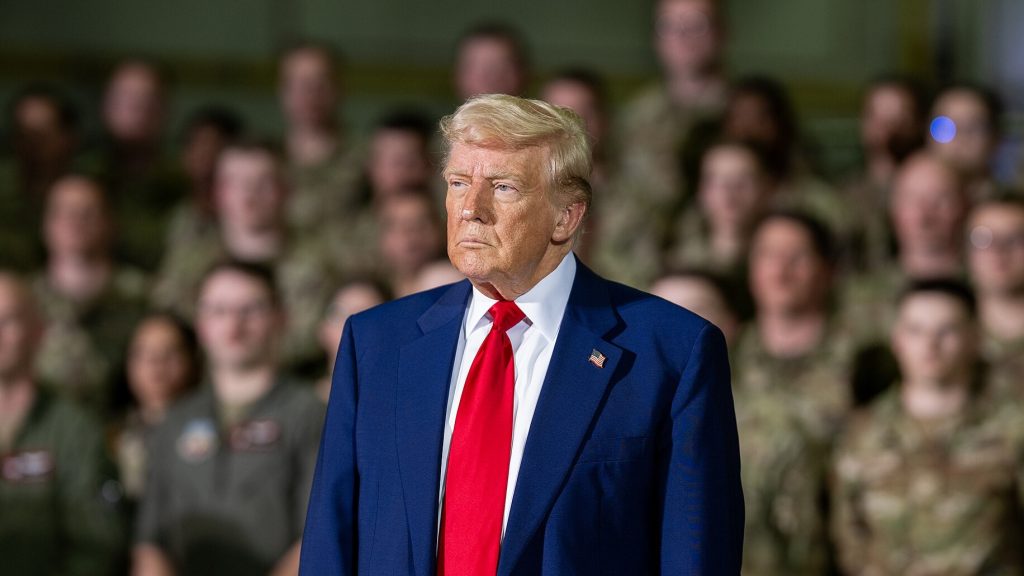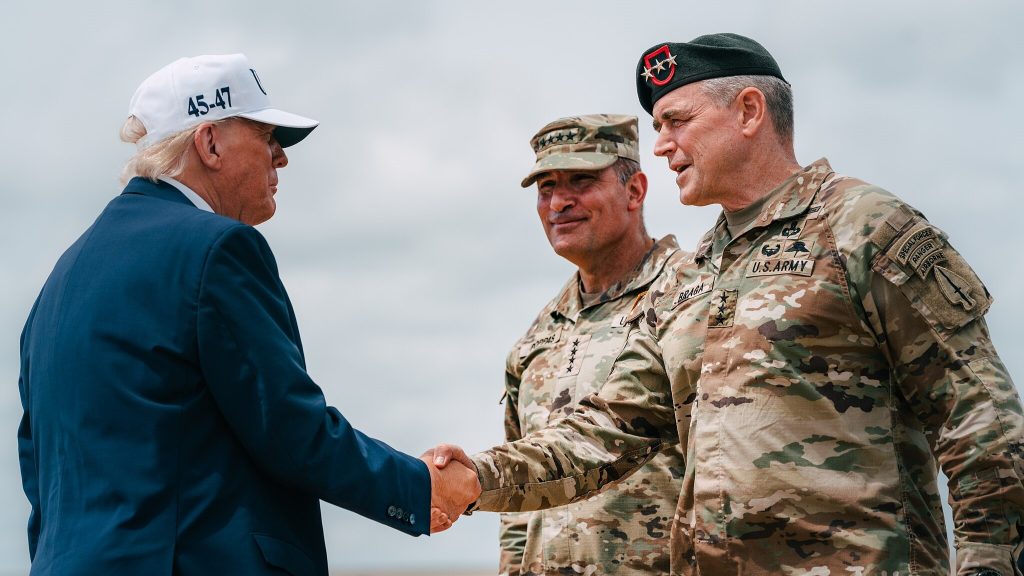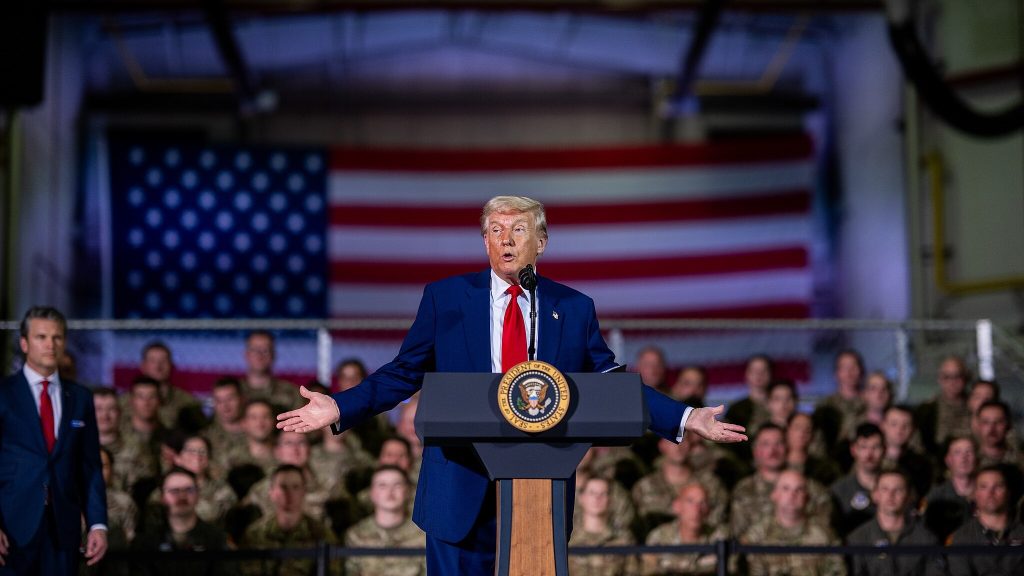The four Silicon Valley leaders skipped standard military recruitment protocols.
Others are reading now
The four Silicon Valley leaders skipped standard military recruitment protocols.
Silicon Valley Executives Enlist in U.S. Army

Four top tech executives from Palantir, OpenAI, and Meta have officially joined the U.S. Army as part of a new unit,
Detachment 201, aimed at fusing cutting-edge technology with military strategy. The project is designed to modernize America’s armed forces.
Detachment 201: Tech Meets the Battlefield

Described by the Army as a mission to “blend tech expertise with military innovation,” Detachment 201 is named after the HTTP error code, a nod to its digital roots.
Also read
Though conceived during the Biden administration, the program has gained serious momentum under Trump.
Sworn In as Lieutenant Colonels

The four Silicon Valley leaders skipped standard military recruitment protocols and were sworn in directly as lieutenant colonels.
The ceremony took place a day before President Trump’s birthday military parade, highlighting the administration’s close ties with the business elite.
Who’s In the Unit? Meet the Tech Brass

The new military recruits include:
– Shyam Sankar, CTO of Palantir
– Andrew Bosworth, CTO of Meta
– Kevin Weil, CPO of OpenAI
– Bob McGrew, former research head and current advisor at OpenAI
All will retain their current corporate roles while advising the U.S. military.
A Military-Tech Alliance Once Unthinkable

For years, Silicon Valley kept its distance from military ventures. But attitudes have shifted.
OpenAI abandoned its anti-military stance in 2024, partnering with defense tech firm Anduril to integrate AI into military applications, a move now echoed by this new detachment.
The Blurred Line Between State and Silicon Valley

Critics argue that this new partnership signals the erosion of boundaries between private tech and public defense.
With executives now serving in uniform, the concern is whether this is collaboration, or quiet consolidation of power and profit.
The Official Word: “No Financial Gain”

According to The Wall Street Journal, the executives signed an anti-corruption pledge stating they will not benefit financially from their roles in Detachment 201.
Still, skepticism remains, especially given previous overlaps between private interests and government roles.
Detachment 201 Could Lead to More Silicon Valley Recruits

This inaugural group is just the beginning.
The program’s architect, Bryant Parmeter plans to expand the initiative, turning Detachment 201 into a lasting tech-military bridge for future cohorts of Silicon Valley talent.
Could This Mean More Military Contracts for Big Tech?

With Palantir already earning a third of its revenue from the U.S. Department of Defense, insiders are questioning whether these “military consultants” will steer future deals toward their own companies, despite promises of neutrality.


